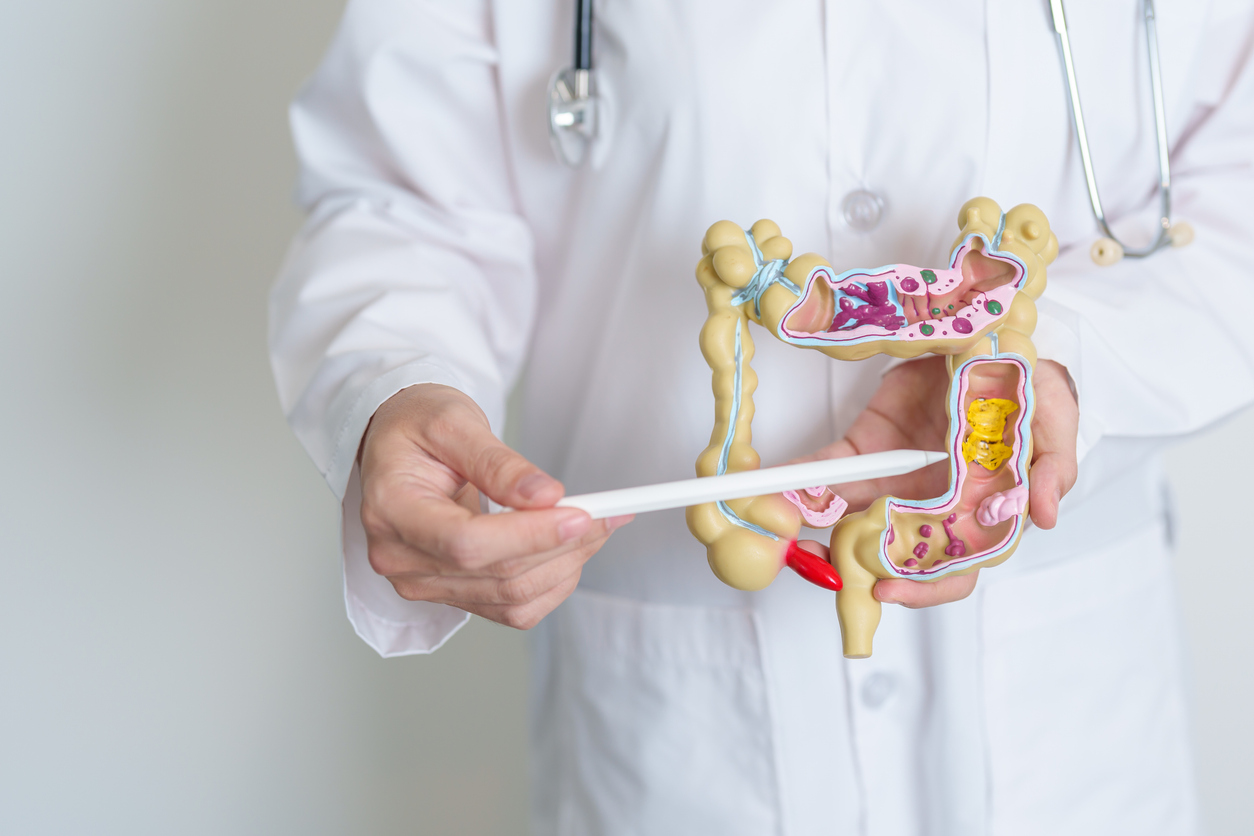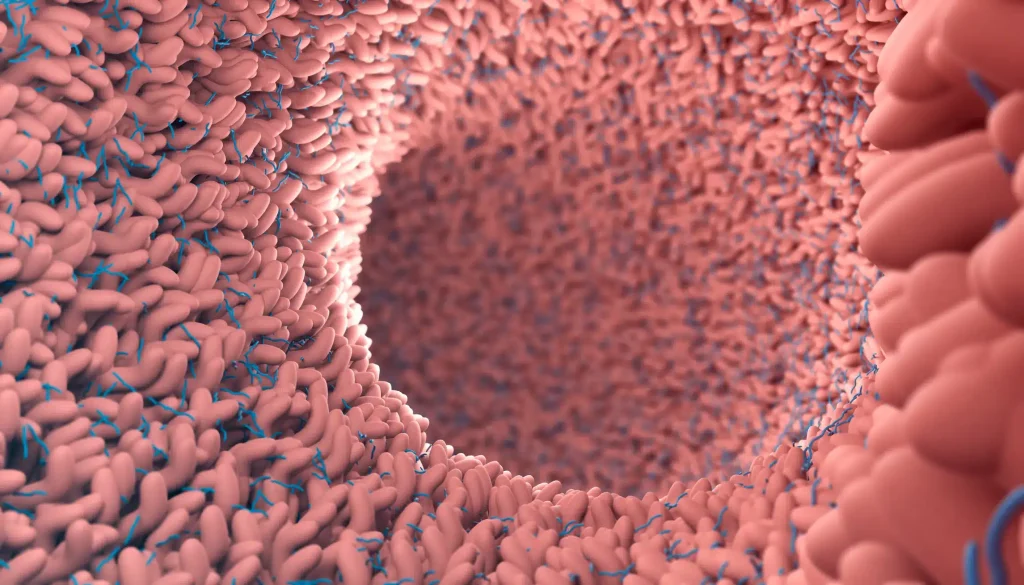Gastrointestinal diseases affect the digestive system, including the stomach, intestines, and other parts of the GI tract. These diseases range from mild, temporary issues to chronic conditions that require long-term management. Understanding gastrointestinal disease is essential for recognizing symptoms, identifying causes, and knowing the available treatments. This article explores various digestive disorders, common gastrointestinal symptoms, and how to manage chronic digestive issues.
Understanding Digestive Disorders
Digestive disorders are conditions that disrupt the normal function of the digestive system. Some of the most common digestive disorders include Gastroesophageal Reflux Disease (GERD), Irritable Bowel Syndrome (IBS), Crohn’s disease, and diverticulitis.
GERD is characterized by acid reflux, where stomach acid flows back into the esophagus, causing heartburn and discomfort. Conversely, IBS affects the large intestine and causes symptoms like cramping, bloating, diarrhea, and constipation. Crohn’s disease is a chronic inflammatory bowel disease affecting any part of the GI tract. At the same time, diverticulitis occurs when small, bulging pouches in the digestive tract become inflamed or infected.
Identifying Gastrointestinal Symptoms
Recognizing gastrointestinal symptoms early can help with prompt diagnosis and treatment. Some of the most common gastrointestinal symptoms include abdominal pain, bloating, gas, and changes in bowel habits, such as diarrhea or constipation. Depending on the underlying condition, these symptoms may come and go or persist over time. For example, those with IBS may experience alternating periods of diarrhea and constipation. In contrast, someone with GERD might experience frequent heartburn, especially after eating.
Common GI Tract Conditions Explained
Several conditions affect the gastrointestinal tract, each presenting unique challenges. One common condition is ulcers, which are sores that develop on the lining of the stomach or small intestine. Ulcers are often caused by an infection with Helicobacter pylori or long-term use of NSAIDs.
Celiac disease, an autoimmune disorder, causes damage to the small intestine when gluten is consumed, leading to nutrient malabsorption. Colorectal cancer is another significant GI tract condition that affects the colon or rectum and is often detected through screening tests like colonoscopies.
Managing Chronic Digestive Issues
Chronic digestive issues often stem from long-term conditions that require ongoing management. Diet, stress, genetics, and lifestyle factors all contribute to the development and severity of chronic digestive issues. For instance, a diet high in fatty or spicy foods can trigger GERD symptoms, while chronic stress can worsen IBS symptoms. Genetics also play a role in conditions like Crohn’s disease and celiac disease, which are more common in people with a family history of these disorders. Managing these issues involves a combination of medication, lifestyle changes, and, in some cases, surgical intervention.
What are the Causes of Chronic Digestive Issues?
The causes of chronic digestive issues include
- a poor diet,
- high-stress levels,
- genetic predisposition, and
- certain lifestyle factors like smoking and lack of exercise.
- Identifying and managing these causes is key to reducing symptoms and improving quality of life.
Effective Gastrointestinal Treatments
Treatment for gastrointestinal diseases depends on the specific condition and its severity. Medications such as proton pump inhibitors (PPIs) are commonly prescribed for GERD to reduce stomach acid. At the same time, anti-inflammatory drugs are used to treat Crohn’s disease and ulcerative colitis. Treatment for IBS may include dietary changes, probiotics, and medications targeting specific symptoms, such as laxatives or antidiarrheal drugs. Surgery may be required in severe cases, such as for colorectal cancer or complications from Crohn’s disease.
What lifestyle changes help manage GI diseases?
Lifestyle changes that help manage gastrointestinal diseases include
- adopting a healthier diet,
- reducing stress,
- increasing physical activity and
- avoiding triggers such as spicy or fatty foods.
Quitting smoking and limiting alcohol consumption can also significantly improve digestive health.
What role do Histamines play?
The GI tract is full of histamine receptors. Patient’s with IBS or with food allergies have been shown to have an increased number of these receptors. Some patients have seen dramatic improvement with “dual-antihistamine” therapy. Using the right ratio of certain antihistamines to block both the histamine-1 and histamine-2 receptors has shown a great improvement in symptoms. Patients have seen decreased bowel output; more formed stools; less urgency; and less abdominal cramping.
As mentioned, some medicines can help relieve symptoms of different gastrointestinal diseases. Visit Get Relief Rx today to explore proven solutions to ease your symptoms and improve your gut health. Click here to start feeling better now!







